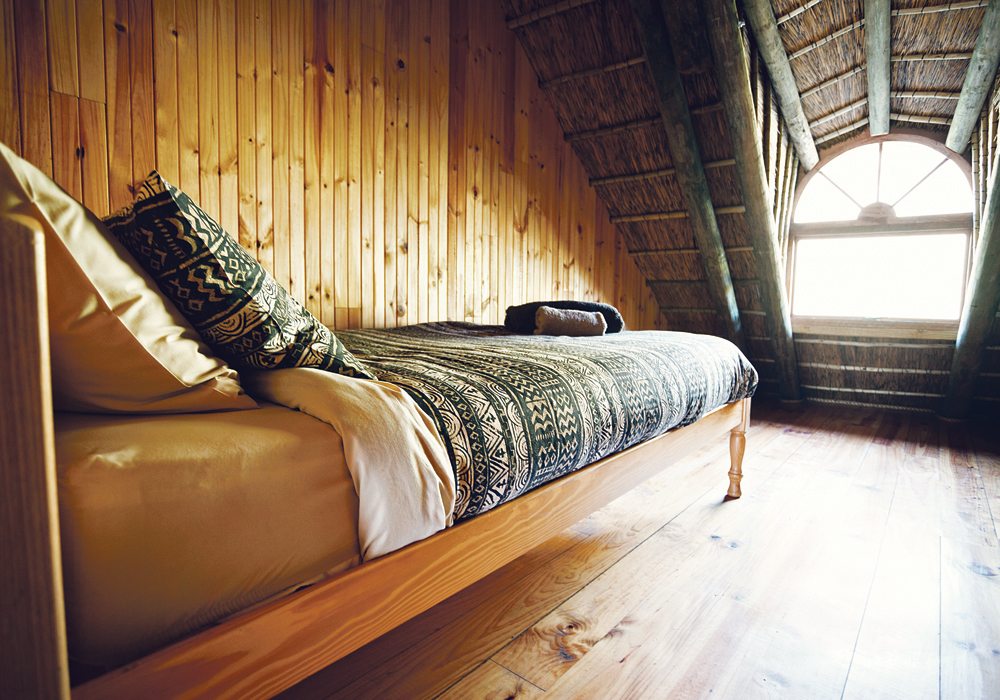In 2004, Eric and Karen Olafson of Wynyard, Sask., were planning a trip to Iceland. Both descended from Icelanders and they were looking forward to seeing the homeland, connecting with relatives and making memories. They were not looking forward to what it was going to cost. Iceland is beautiful — and expensive.
Their daughter, Marea, suggested they economize by staying in hostels, and booked them into hostels in Reykjavik and other points. Karen admitted to having reservations about those reservations, but her mother, who was planning on going with them, was horrified at the idea of staying in a hostel.
Read Also

Farming Smarter receives financial boost from Alberta government for potato research
Farming Smarter near Lethbridge got a boost to its research equipment, thanks to the Alberta government’s increase in funding for research associations.
“She thought hostels were for young people and they would be partying, and she probably didn’t realize that private rooms are available,” said Karen.
Her mother did come along on a later trip to Iceland and was very pleased with all of the hostel accommodations.
In their experiences — and the Olafsons have stayed in hostels in Montreal, London, Halifax, Regina and several points in Iceland — hostels come in various shapes, sizes and situations. In Reykjavik, they stayed in a hostel well away from the city centre. It was next door to a large swimming pool, offered camping accommodations and it was quiet. It was quieter, Karen said, than their Saskatchewan farm home about 200 metres off Highway 16.
On the other hand, a new hostel in Reykjavik probably won’t be a haven for non-partyers, she said.
“It’s over a bar and on the main drag.”
It’s just a matter of knowing what you want in a hostel experience and making your preferences known when you look for a hostel, she said.
The Olafsons have been pleased with the cleanliness, comfort and security of all of the hostels they’ve stayed in. There is a choice of dormitory style accommodation or private rooms. Guests sometimes need to bring their own towels and bed linen, or those items may be provided free, or for a small fee. There are usually lockers in which to store your valuables. Cooking facilities are on-site and room rates include breakfast.
Hostels are not the same as hotels, they said. Rooms are small and basic, some don’t even have a chair, so you probably won’t spend much time there. You’re expected to get out and visit in the common rooms. Meeting new people is part of the hostel experience.
Hostels originally were for youth. The first one was founded by a German teacher, Richard Schirrmann, around 1909. While he and a group of students sought shelter from a rainstorm in a school empty for the summer, the idea of using schools as guest houses for travelling young people came to him. The idea caught on and by the end of the 1920s there were more than 2,000 hostels in Germany.
The notion spread to the rest of Europe and eventually to other countries. Over time, the concept of hostel broadened and today they are open to travellers of all ages. Guests can choose from independent hostels or from hundreds of hostels under the auspices of Hostelling International.
It is a charity that manages a federation of not-for-profit youth hostel associations. They provide a network of hostels in more than 80 countries.
“We believe that exploration and travel lead to a better understanding of other cultures, and in turn that creates a peaceful, smarter, and more tolerant world. This is and has been our mission for almost 100 years,” it suggests on its website.
It also maintains that it will “typically have the best prices.”
It would appear that it might be the case. A US$25 per year membership fee entitles the bearer to further discounts.
Hostels offer similar basic services but the settings can be diverse. Point Montara Lighthouse, an HI hostel situated on the California coast, about 50 kilometres south of San Francisco, offers accommodations in a former lighthouse keeper’s quarters. Guests can stay in shared accommodations or in private rooms, usually with their own bathrooms. They have access to lounges, a secluded beach cove with tide pools and landscaped native plant gardens. It has internet, free wi-fi, on-site laundry, free parking and an espresso bar. There are two self-service kitchens, complete with stove, oven, microwave, fridges, coffee maker and kettle.
Hotels in the area charge from $136 to $919 per night for a couple.
At Point Montara couples pay $93.74 per night.
Other unusual hostel accommodations include a boat in Budapest and a jumbo jet in Stockholm. Learn more at hihostels.com
Karen and Eric Olafson might not travel to these destinations, but they will definitely be hosteling soon. Eric has applied to take a class in Rome this summer. When it’s completed, he’ll travel by train through France, Germany and Denmark staying in hostels and meeting Karen in Iceland in July.

















